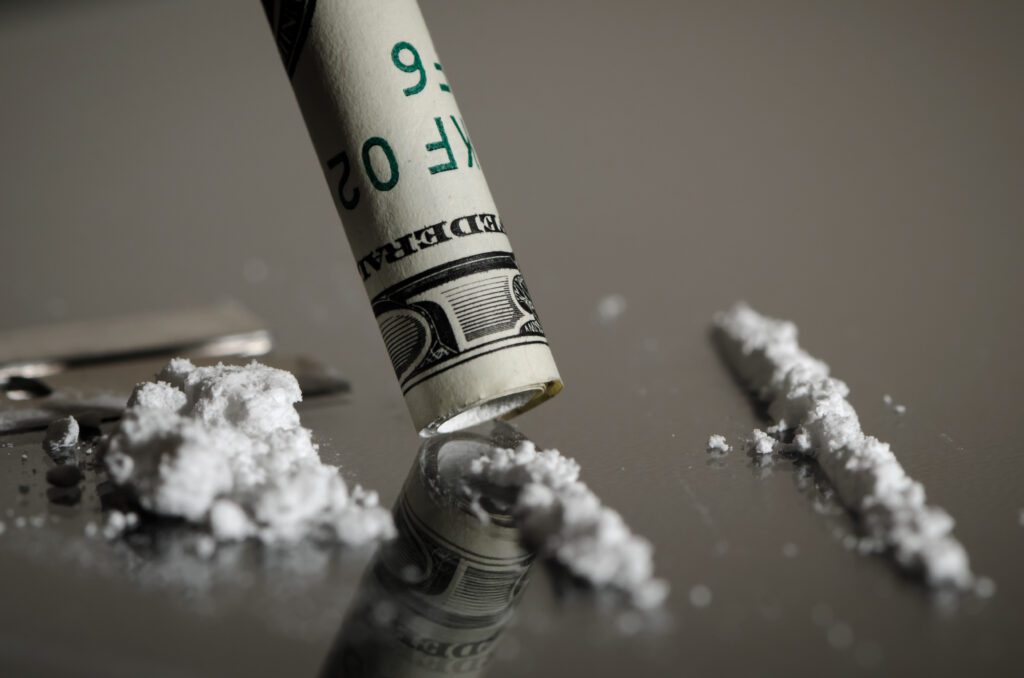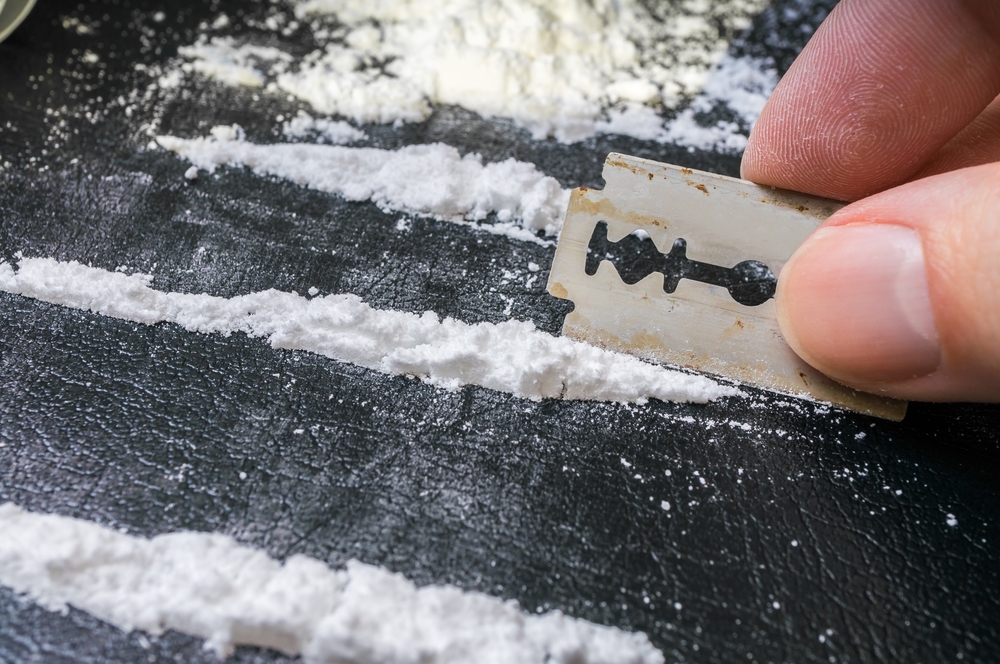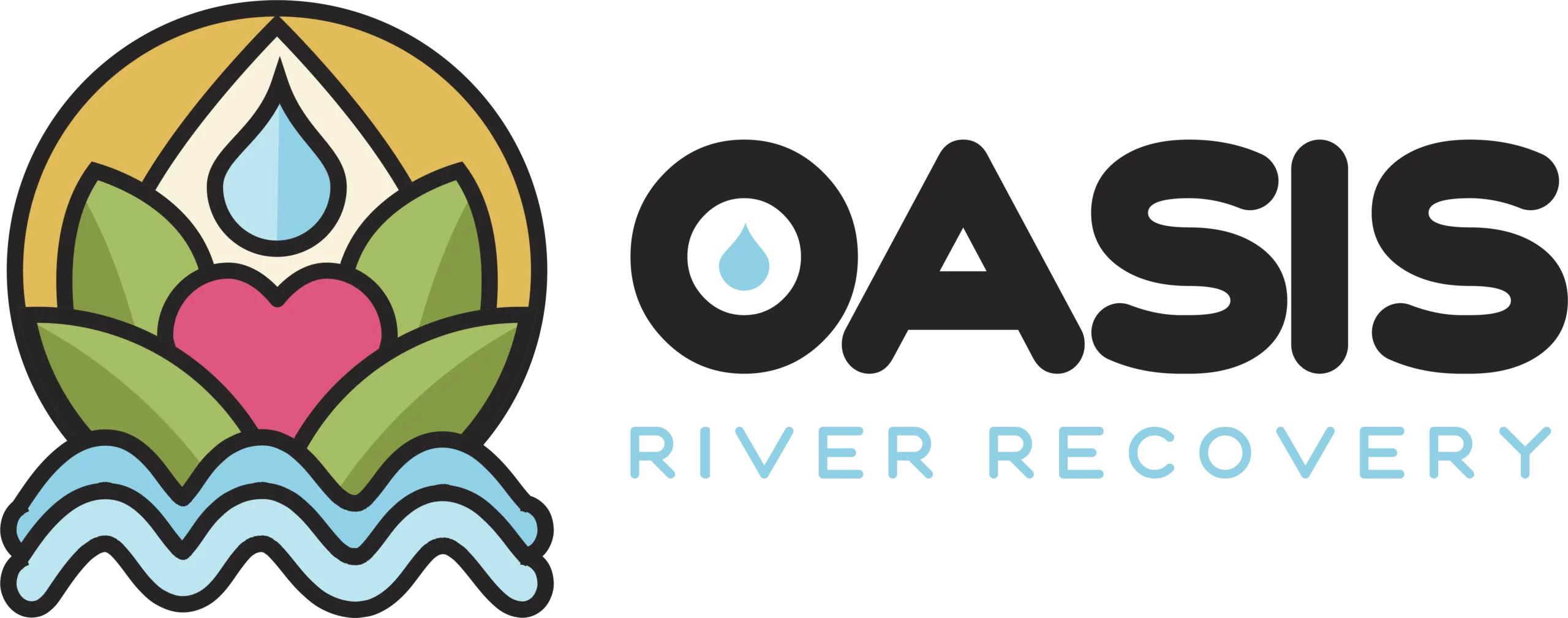Cocaine is an extremely addictive drug that is snorted, smoked, or injected. In the short term, it causes intense euphoria, as well as increases in energy and alertness. However frequent, heavy cocaine use can cause a number of negative impacts on one’s health. Heavy use of cocaine can lead to stroke, heart attack, and coma. It can even change the way the brain works. Heavy use can also impact one’s relationships, school, and work. So, what is considered heavy use of cocaine? Heavy use has been defined in research studies to be two or more grams per week.
Heavy Cocaine Users
What happens when a person uses more and more cocaine over longer periods of time?
Well, compared to moderate and non-users, heavy cocaine users are more likely to abuse multiple substances (poly-substance abuse), be involved in the legal system, and have poor health. They are more at risk for HIV infection due to injecting cocaine.
What are the Risks of Heavy Cocaine Use?
There are many risks of cocaine use, especially heavy use. Larger, frequent doses of cocaine can affect your brain long-term. In addition:
- Heavy cocaine use can disrupt your personal and social relationships.
- Significant cocaine consumption can increase the risk of a life-threatening overdose.
- Using cocaine, especially a lot of it, can harm both your physical and mental health.
- Heavy cocaine use is more likely to lead to a cocaine addiction or chemical dependency.
Signs of a Cocaine Addiction
More than 1.4 million people in the United States are diagnosed with a cocaine use disorder.
If you use cocaine on a regular basis, especially large amounts of the drug, you are at a real risk of developing a cocaine use disorder. The DSM-5 criteria for a cocaine use disorder (addiction) include:
- Spending a great deal of time using cocaine or obtaining the stimulant.
- Unsuccessful attempts to control or cut down cocaine use in spite of a desire to stop using cocaine.
- Continued use of cocaine despite legal, health, or other problems associated with using the drug.
- A strong desire or craving to use cocaine.
- Developing a tolerance to the drug or needing more of it to achieve the same high.
- Withdrawal, as indicated by the presence of withdrawal symptoms when attempting to stop using the drug.
Are You Covered For Treatment?
Oasis River Recovery partners with numerous private insurance providers. Our team is committed to assisting you in quickly and effortlessly verifying your insurance coverage for treatment.

Mental Health Impacts of Heavy Cocaine Use
Heavy, repeated cocaine use can affect mental health in a variety of ways. With repeated heavy use, your brain produces less dopamine. This decrease in dopamine can lead to depression and other mental health concerns, including:
- Unpredictable mood swings
- Anhedonia (decreased ability to feel pleasure)
- Hallucinations (hearing or seeing things that aren’t there)
- Depression
- Difficulty paying attention
- Paranoia
- Violent behaviors
How Heavy Cocaine Use Affects Relationships
Relationships tend to fall apart as a person uses more cocaine. A person who is addicted to cocaine may lie to loved ones in order to obtain or use the drug. They may lie about how often they use it or how much they use. A person who uses a lot of cocaine may minimize use to loved ones. They may deny that they have a problem. Loved ones get angry over the lying. This causes confrontations with loved ones and significantly impacts their relationships.
Heavy cocaine use may cause a person to behave in ways that lead to shame and embarrassment. They may post unusual things on social media while under the influence of cocaine. This can affect their social relationships and leave them feeling isolated and lonely. This can lead them to do even more cocaine to feel better.
The Financial Consequences of Heavy Cocaine Use
Chronic, heavy cocaine use can lead to severe financial problems. A person may drain their bank account, spending most of their money on cocaine. Their performance at work suffers. They may be unable to hold down a job because of cocaine use, which can further cripple them financially. Heavy cocaine users may be more likely to experience legal problems resulting from use. These can lead to fines and other financial consequences.
Treatment for Heavy Cocaine Use
The good news is that there are many treatments for drugs as well as heavy cocaine use. Treatment can help you get control of your life back. Once you are in recovery, your mind and body will start to recover from the effects of heavy cocaine use. You’ll find that you have many things to look forward to in your life. You’ll learn how to manage your thoughts, feelings, and behaviors without cocaine.
Medical Detox
Treatment for heavy cocaine use usually starts with medically-monitored detox. This is the first step towards recovery. Detox is the process by which a drug is eliminated from your body. It is not recommended that you try to detox on your own if you are a heavy cocaine user. Cocaine withdrawal can include intense depressive symptoms and may increase the risk of suicide. Professional detox can help you safely and comfortably detox and manage severe cocaine withdrawal symptoms. During medical detox, you will be closely monitored by medical professionals for possible complications.
Individual Therapy
During individual therapy, you’ll work 1:1 with a substance abuse counselor to help you with the recovery process. There are various types of individual therapy including:
- Cognitive Behavioral Therapy (CBT) – CBT focuses on changing thoughts and feelings that lead to distress and trigger cocaine use.
- Dialectical Behavioral Therapy (DBT) – DBT uses interpersonal effectiveness, mindfulness, distress tolerance, and emotion regulation to help you better manage emotions that might lead to cocaine use.
- Acceptance and Commitment Therapy (ACT) – This type of therapy helps you change your relationship to your feelings and thoughts. You learn to accept difficult emotions rather than trying to control them.
Depending on the type of therapy you do, you might discuss family relationships, past experiences, and traumas that might contribute to use. You’ll likely learn how to cope with things that trigger use. Individual therapy can also help you build a better support system.
Group Therapy
During group therapy, you’ll relate with other clients who are going through a similar situation. It can be a relief to learn that others are experiencing the same thing as you. You’ll provide each other with support and encouragement. Other members of the group can help hold you accountable and you can do the same for them.
Holistic Therapies
After heavy cocaine use, your body has experienced its share of damage. Holistic therapy focuses on healing the mind, body, and soul. It is an alternative approach to traditional medicine and includes things like yoga, mindfulness, breathwork, meditation, and other holistic practices. Holistic therapy can help improve your mental and physical health and promote deep relaxation. A healthier body and a more relaxed mind can allow you to better address issues that fuel heavy cocaine use.
Therapeutic Nutrition
Nutrition is important for addiction recovery. That is because heavy cocaine use can lead to nutritional deficiencies. It also changes the way the body metabolizes and stores fat. Healthy nutrition helps heal the body and repairs damage caused by significant cocaine use. Therapeutic nutrition involves nutrition education, cooking classes, and more.
Aftercare
Aftercare focuses on relapse prevention and continued addiction work after you have finished a substance abuse program for heavy use of cocaine. The goal of aftercare is to help you develop the needed coping skills and support system to prevent relapse. Some of the things that you might learn in aftercare include:
- What triggers cravings
- How to cope with difficult emotions
- Stress management skills
- How to find social connections
- How to avoid situations that trigger use
A personalized aftercare plan will help you integrate back into your life after drug abuse treatment and achieve long-term sobriety.




